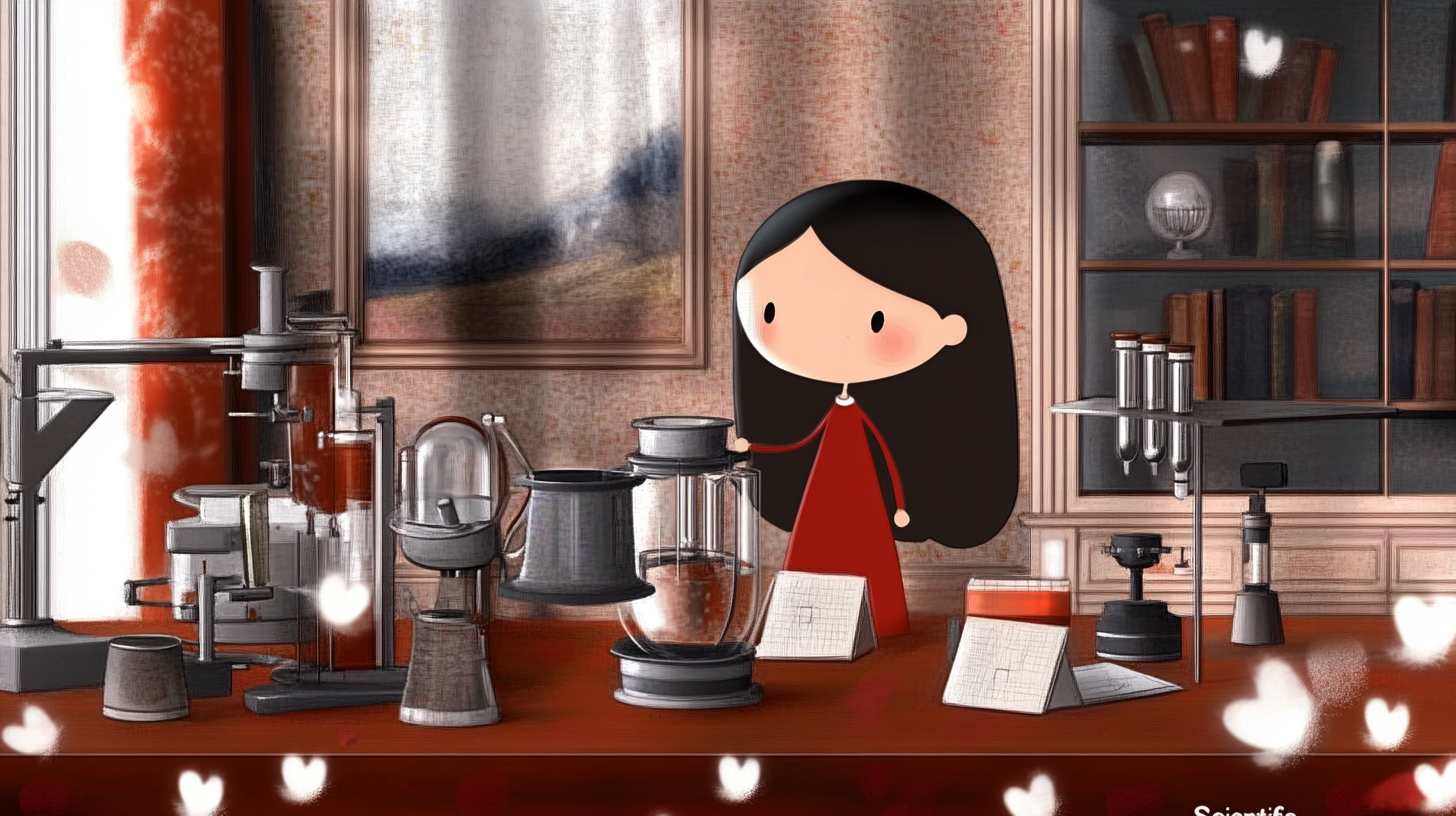“Scientific” refers to something related to science.
以下は英単語 “scientific” に関するストーリー型学習コンテンツです。まずは大枠の意味を理解して最後の文章で確認しましょう。
主な意味(main meaning)
| 品詞 | 意味 | 発音記号 (IPA) | 英語例文 |
|---|---|---|---|
| 形容詞 | 科学の、科学的な | /ˌsaɪənˈtɪfɪk/ | She used a scientific method to solve the problem. |
語源(etymology)
「scientific」はラテン語の「scientia(知識)」に由来し、「-fic(作る)」と結びついて「知識に基づいて作られた」という意味合いを持ちます。つまり、「科学的」とは「知識に基づいた方法や考え方」という核イメージです。
類義語(synonyms)
| 類義語 | 英語例文 |
|---|---|
| academic | The academic research was published in a journal. |
| analytical | He has an analytical mind and loves solving puzzles. |
| technical | She wrote a technical report on the experiment. |
| logical | The argument was clear and logical. |
| empirical | The conclusion was based on empirical evidence. |
反義語(antonyms)
| 反義語 | 英語例文 |
|---|---|
| unscientific | His methods were considered unscientific and unreliable. |
| irrational | It’s irrational to believe in superstitions without proof. |
コロケーション(collocations)
| コロケーション | 英語例文 |
|---|---|
| scientific research | Scientific research helps us understand the world. |
| scientific method | The scientific method involves careful testing. |
| scientific community | The scientific community welcomed the discovery. |
| scientific data | They collected scientific data from the experiment. |
| scientific knowledge | She has deep scientific knowledge about biology. |
2項表現(binomials)
| 2項表現 | 英語例文 |
|---|---|
| science and technology | Science and technology are changing our lives. |
| facts and evidence | Good science is based on facts and evidence. |
英語ストーリー(english story)
Title: The Scientific Solution
Emma worked in a small laboratory where she studied plants. One day, a local farmer came to her with a problem. His crops were not growing well, and he didn’t know why.
Emma listened carefully and decided to use the scientific method to find the answer. She first observed the plants and took notes. Then she asked questions and formed a hypothesis. “Maybe the soil lacks some nutrients,” she said.
To test her idea, she collected scientific data from the farm and compared it with healthy soil. Her analysis showed that the soil was missing nitrogen.
Emma shared her scientific knowledge with the farmer. She recommended adding a special fertilizer. The farmer followed her advice, and in a few weeks, the crops grew better.
The scientific research Emma did impressed the scientific community in her town. They praised her for her logical thinking and analytical approach.
“Thank you, Emma,” the farmer said. “You didn’t just guess—you used science to help me.”
Emma smiled. “That’s what science is for—to solve real problems with facts and evidence.”
和訳
タイトル:科学的な解決法
エマは小さな研究所で植物の研究をしていました。ある日、地元の農家が問題を抱えて彼女を訪ねてきました。作物がうまく育たず、原因がわからないというのです。
エマは話をよく聞き、答えを見つけるために科学的方法を使うことにしました。彼女はまず植物を観察し、メモを取りました。そして疑問を持ち、仮説を立てました。「土に栄養が足りないのかもしれない」と。
彼女は農場の科学的データを集め、健康な土と比較しました。分析の結果、窒素が不足していることが分かりました。
エマは自分の科学的な知識を農家に伝え、特別な肥料を使うよう勧めました。農家がそのアドバイスに従うと、数週間で作物は元気に育ちました。
エマの科学的研究は地元の科学コミュニティに感銘を与えました。彼らは彼女の論理的かつ分析的な姿勢を賞賛しました。
「ありがとう、エマさん。君はただの勘ではなく、科学を使って助けてくれた」と農家は言いました。
エマはほほえんで言いました。「それが科学の役目よ。事実と証拠で本当の問題を解決することなの。」



コメント